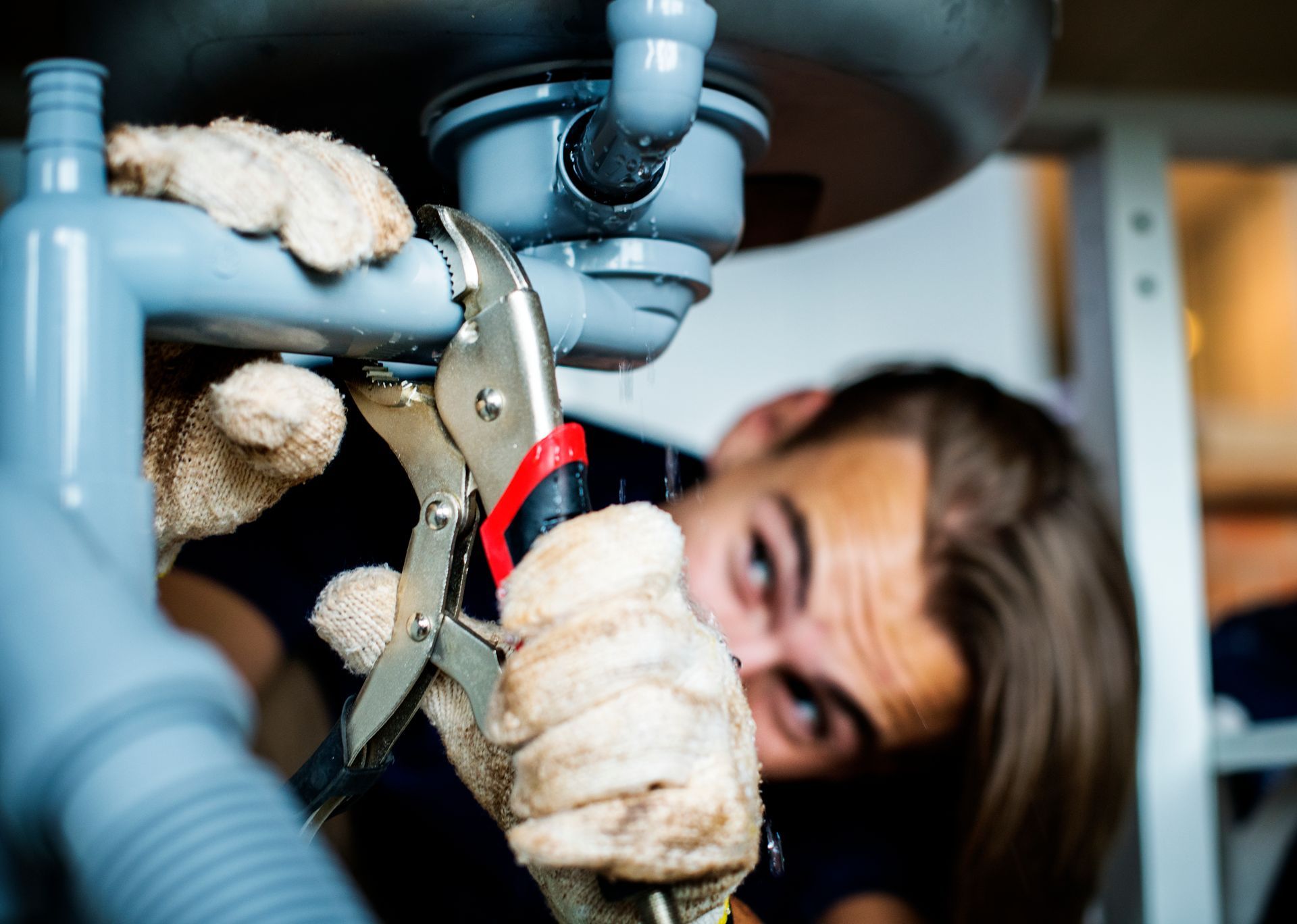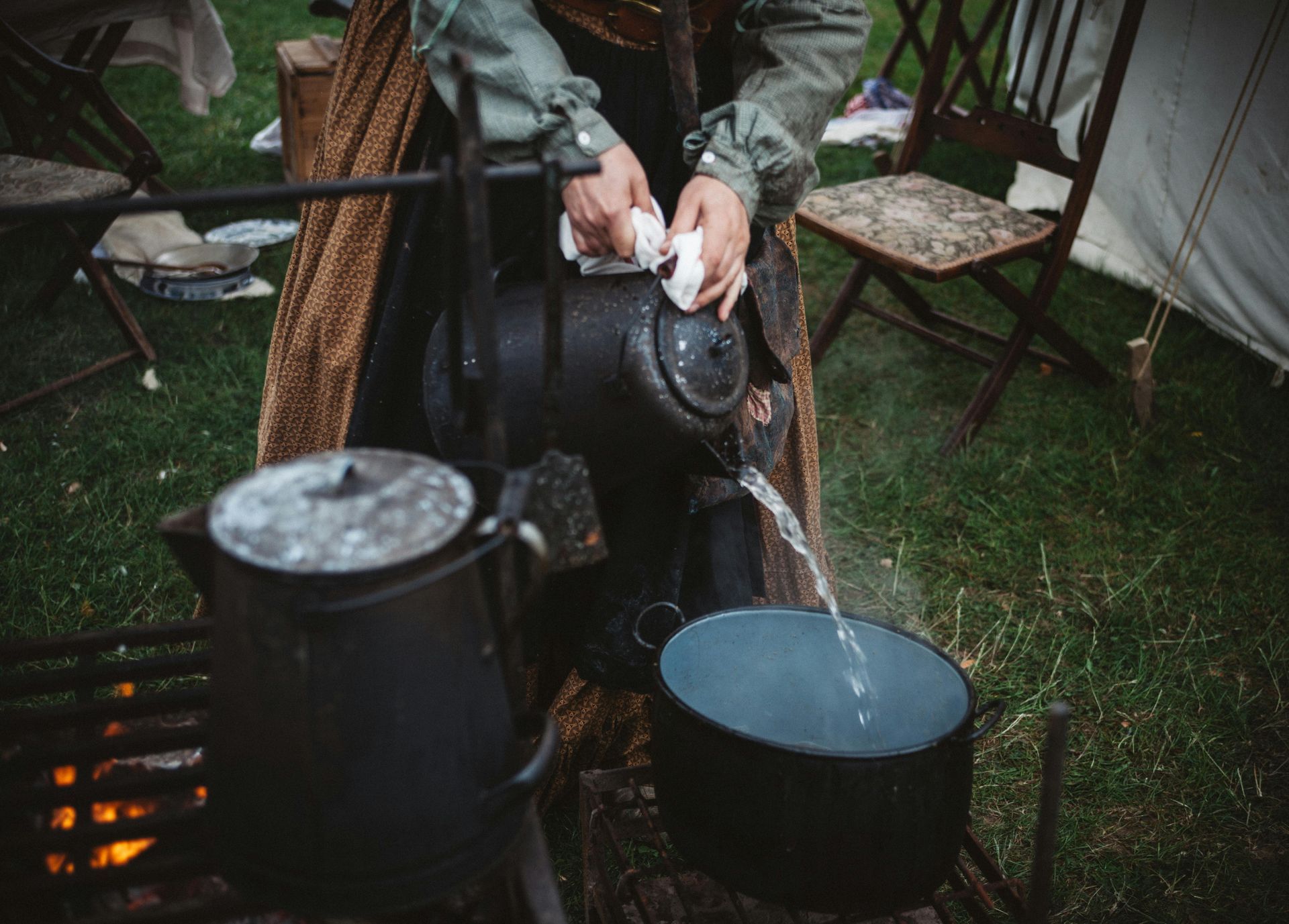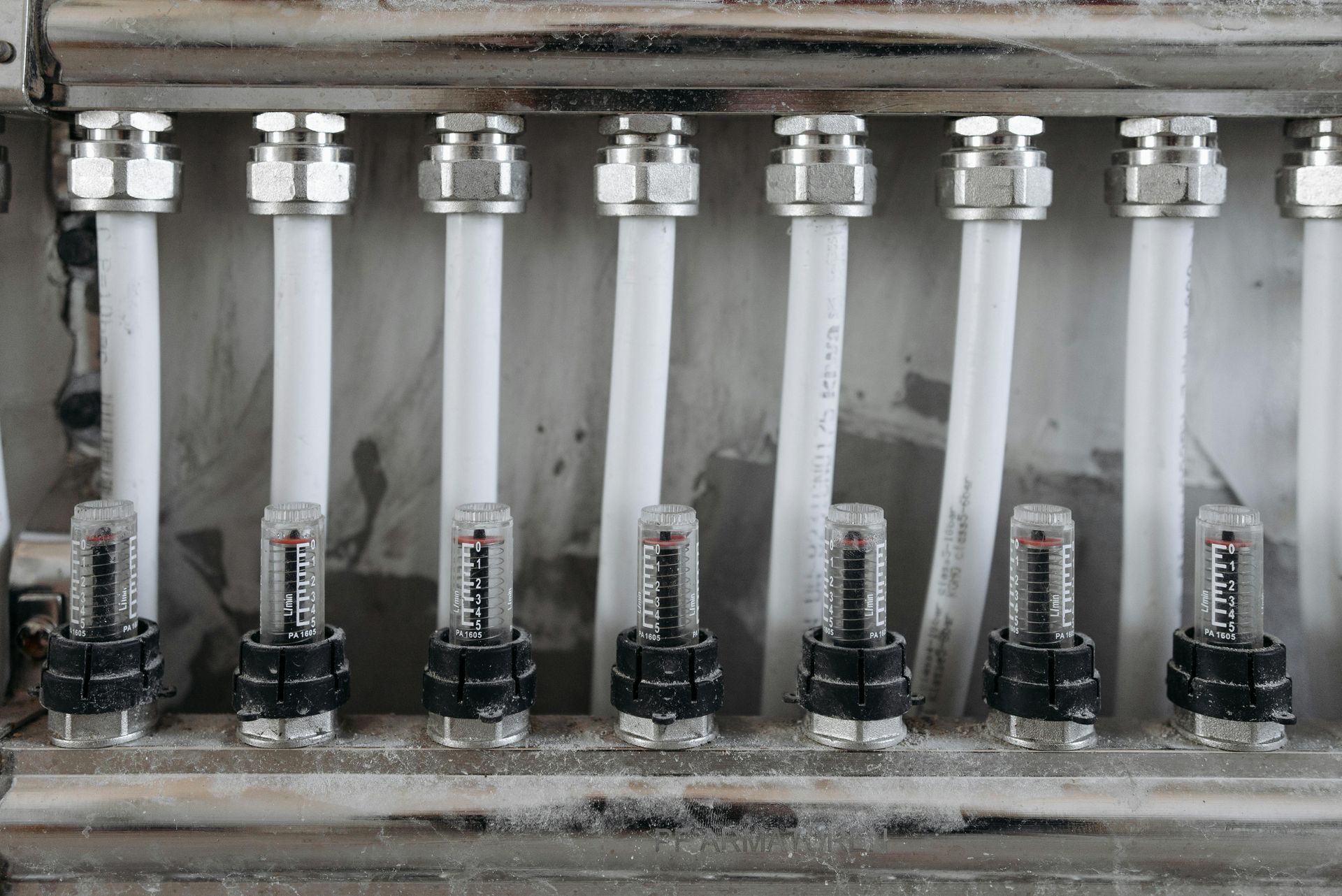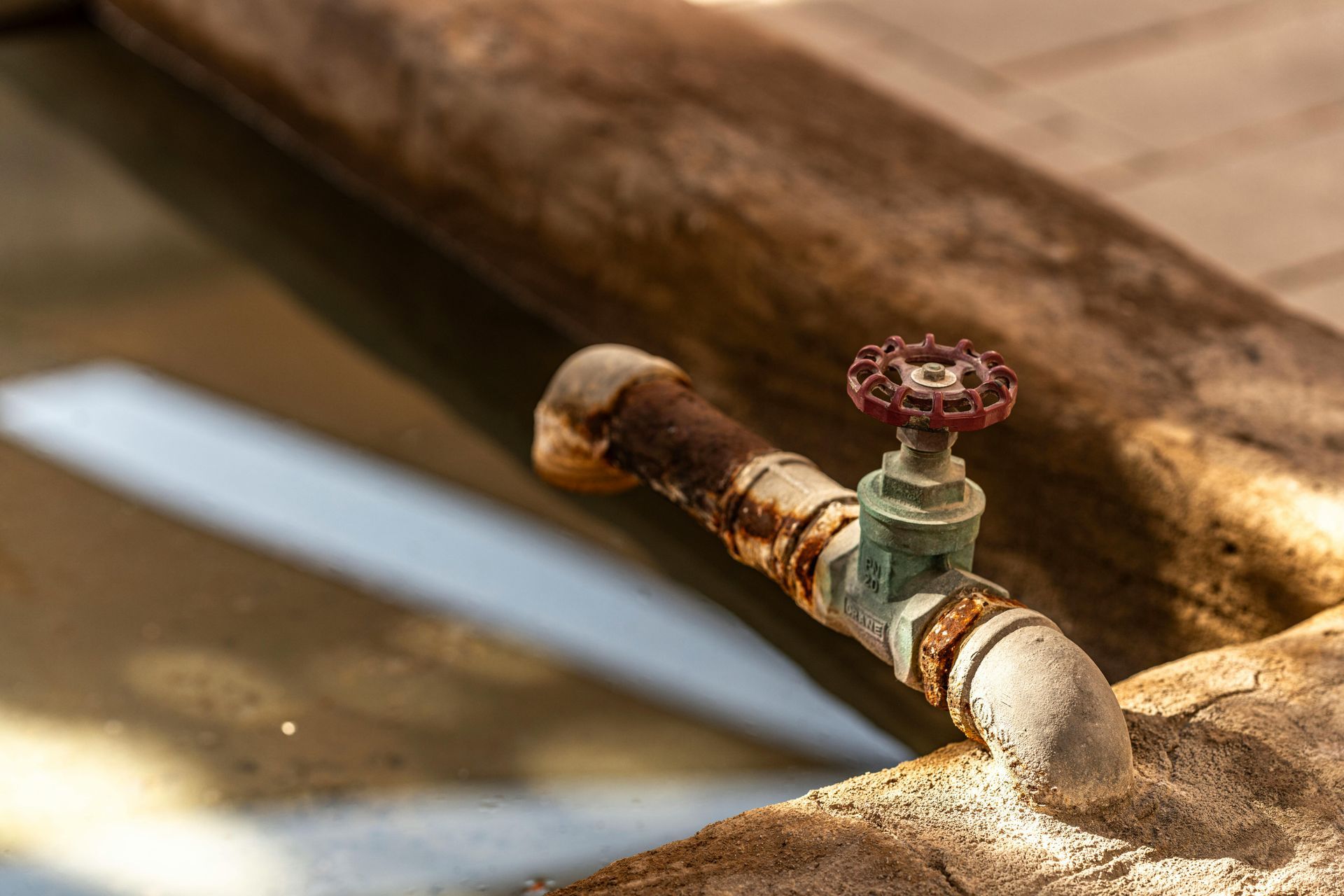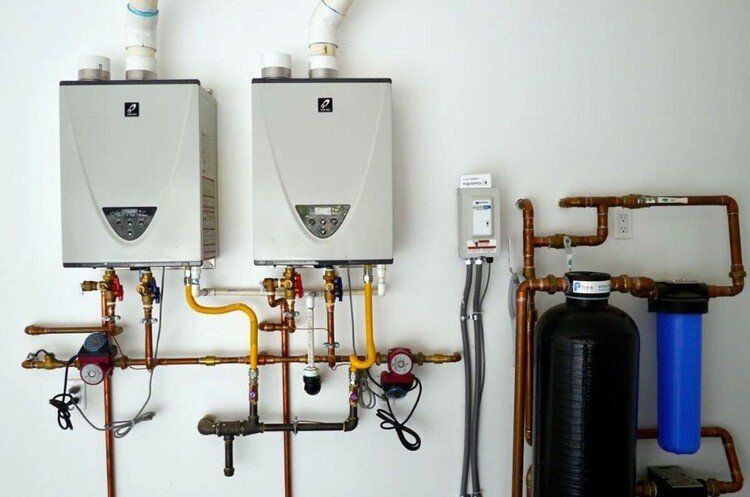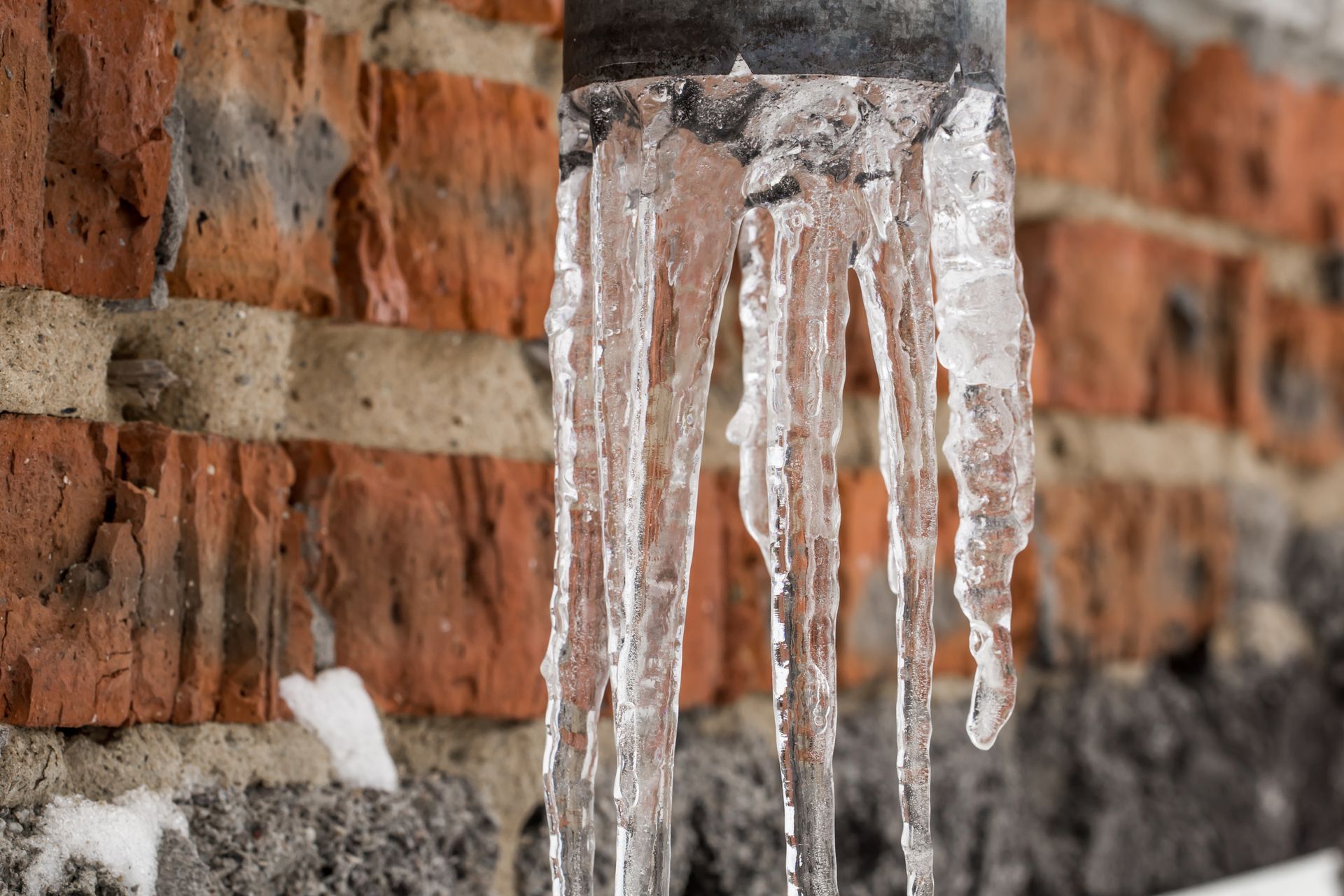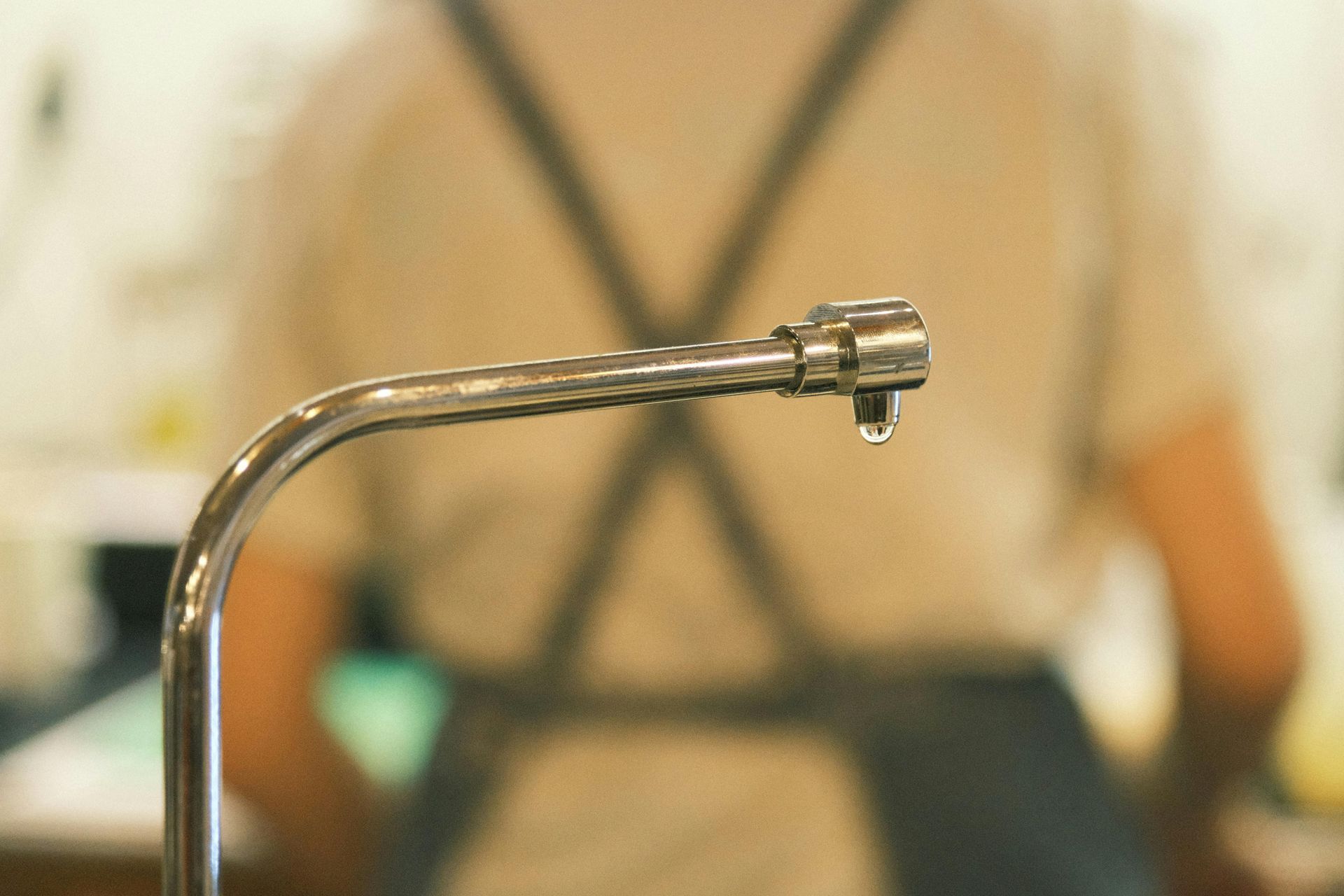Importance Of Turning Off Outdoor Spigots For the Winter
As winter approaches each year, homeowners face a critical plumbing concern: protecting outdoor spigots from freezing temperatures. Freezing water within outdoor spigots or connected pipes can lead to cracked faucets, burst pipes, and costly water damage. Turning off outdoor spigots in preparation for winter is an essential preventive measure that safeguards your home’s plumbing system. This article explores the importance of this practice, backed by expert advice from professionals like All City Plumbers. It also highlights how related services such as Waterline Repair & Replacement and preventative maintenance for outdoor faucets contribute to maintaining plumbing system integrity.
Why Turning Off Outdoor Spigots Matters in Winter
Water expands as it freezes, exerting significant pressure on pipes and spigots. If outdoor faucets remain connected to the water supply during freezing weather, trapped water inside the spigot or hose can freeze and cause the faucet or pipes to crack or burst. Such damage leads to leaks, water waste, and potentially extensive repair costs.
Turning off the water supply to outdoor spigots stops additional water from filling the faucet or connected hoses, allowing any remaining water to drain out safely. This simple action reduces the chance of ice formation and prevents freeze-related plumbing disasters.
Beyond avoiding breaks, disconnecting hoses and shutting off spigots prolong the life of these fixtures and reduce the risk of water damage inside walls or foundations due to pipe rupture.
The Role of Professionals Like All City Plumbers
Many homeowners overlook outdoor spigot winterization or perform it improperly. Expert plumbers, such as All City Plumbers, emphasize the importance of thorough winter preparation, including locating and shutting off the interior water shut-off valves dedicated to exterior faucets.
Their services often include Waterline Repair & Replacement when winter damage occurs, along with ongoing preventative maintenance for outdoor faucets to ensure they operate efficiently year-round. Professionals inspect for leaks, corrosion, or vulnerabilities that could lead to winter damage.
In addition to shutting off and draining spigots, All City Plumbers advise on insulating exposed outdoor pipes and spigots through covers or foam insulation, adding an extra layer of protection against freezing temperatures.
Step-by-Step Winterization Process for Outdoor Faucets
Winterizing outdoor spigots involves several critical steps best performed carefully for maximum protection:
First, disconnect garden hoses and drain them to eliminate trapped water. Leaving hoses attached is one of the leading causes of spigot damage during winter.
Next, locate the water shutoff valve for the outdoor faucet—usually found in basements, crawlspaces, or utility rooms—and turn it off to stop water flow.
Open the outdoor faucet to drain residual water from the faucet and pipes. Keeping the faucet slightly open during winter also relieves pressure that could otherwise cause bursts.
Apply insulation with faucet covers or foam pipe jackets to protect the spigot from cold air exposure.
All these actions align with industry best practices recommended by plumbing experts, ensuring the plumbing system remains intact and operational.
Long-Term Benefits of Proper Outdoor Spigot Winterization
Preventative maintenance for outdoor faucets significantly reduces emergency plumbing calls and costly waterline replacements. Homeowners who practice annual winterization enjoy fewer frozen pipe incidents and lower repair expenses.
Properly winterizing outdoors also extends the lifespan of outdoor plumbing components and prevents damage to the home’s foundation caused by ice and water intrusion.
By entrusting professionals like All City Plumbers, who follow meticulous procedures and use quality materials, including precise sealing techniques such as properly applying plumber’s tape on threaded joints, homeowners secure reliable and durable plumbing systems prepared for harsh winters.
Conclusion
Turning off outdoor spigots for the winter is a simple but critical step to safeguard your home from freeze-related plumbing damage. The process minimizes the risk of cracked spigots, burst pipes, water damage, and expensive repairs.
Experts like All City Plumbers recommend year-round preventative maintenance for outdoor faucets and timely waterline repair & replacement if winter damage is suspected. Their comprehensive approach combines professional inspection, proper shut-off procedures, and insulation techniques that protect your home and save money.
Taking these precautionary measures ensures that come spring, your outdoor water system remains intact and ready for use—providing peace of mind and reliable plumbing performance no matter the weather.

